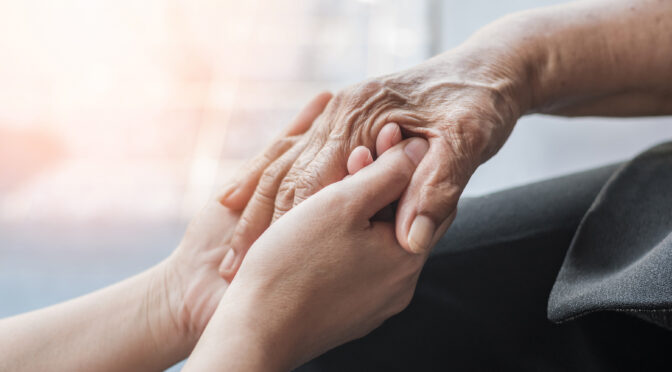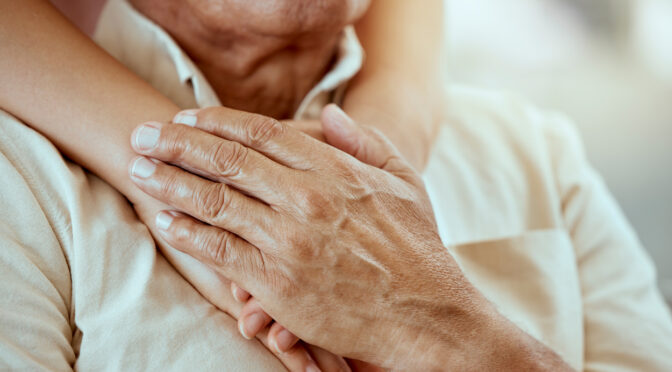Regardless of where a tumor is located, cancer treatment often interferes with a patient’s appetite and digestion to one degree or another. Here’s a look at the more common eating issues caused by surgery, radiation and chemotherapy, along with tips for relieving them.
Loss of Appetite
At a time when your body needs nourishment more than ever, you may find that you lack the desire to eat. This can result from pain, nausea or loss of taste and smell.
*Instead of eating three conventional meals, try grazing on small amounts.
*Get the most nutritional bang for your buck by focusing on peanut butter, cheese, canned tuna and other high-calorie, high-protein items.
Nausea
A queasy stomach, accompanied by vomiting, is a well-known side effect of cancer treatment. In addition to interfering with nutrition, frequent vomiting may lead to dehydration.
*Avoid foods that are spicy, excessively sweet, fried or high in fat content.
*Get in the habit of sipping liquids throughout the day. Good choices include clear liquids such as tea, broth and ginger ale.
*Talk to your medical team about anti-nausea medication options.
Constipation
Changes in diet, lack of fluids and reduced physical activity can make it difficult to have regular bowel movements. Due to the discomfort, you are even less likely to eat well or move around.
*Add high-fiber foods, such as whole-grain breads and fresh, raw fruits and vegetables, to your daily diet. Be sure to discuss this plan with your medical team.
*Drink more fluids. Don’t use straws, as this can exacerbate the problem by causing gas.
Non-Toxic Cancer Treatment from Issels®
Our personalized immunotherapy programs allow patients to avoid many of the side effects caused by conventional treatments, so all their energies can be directed toward fighting cancer. Contact us for more information.






